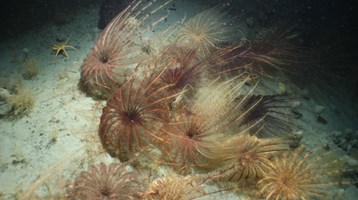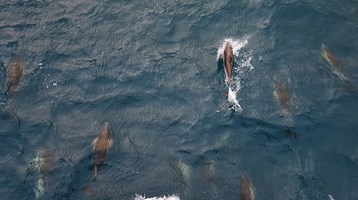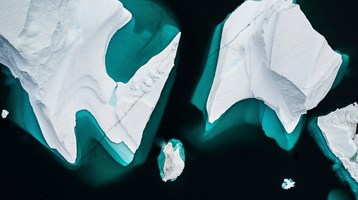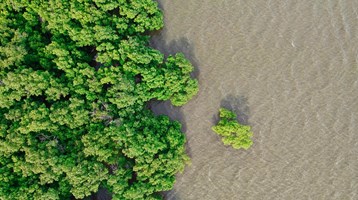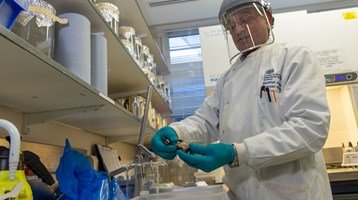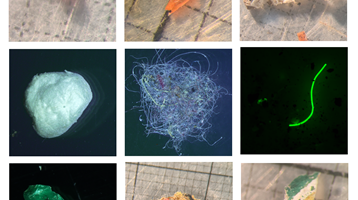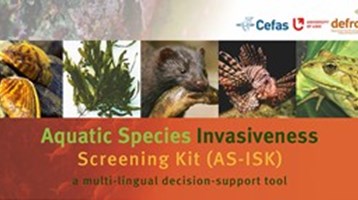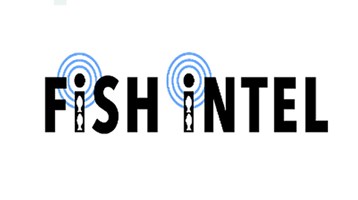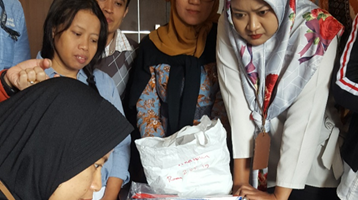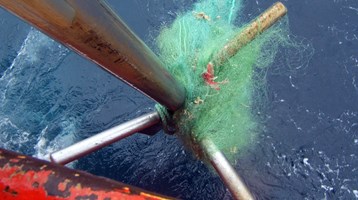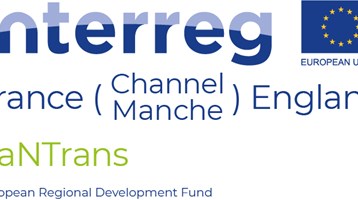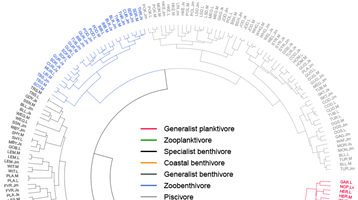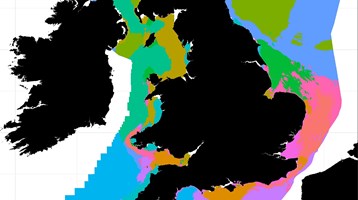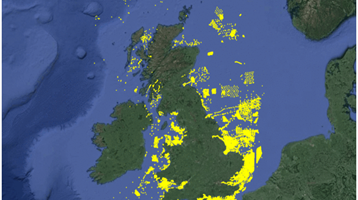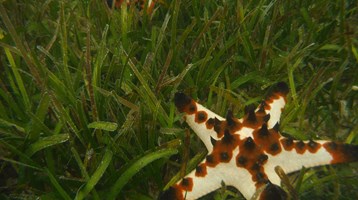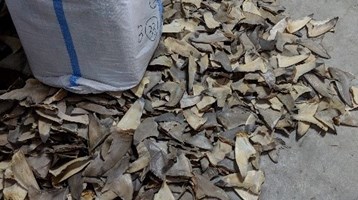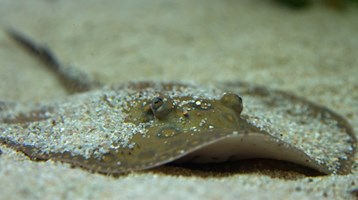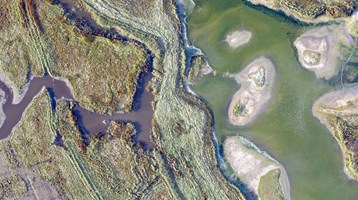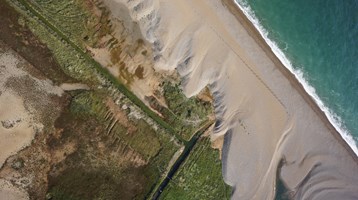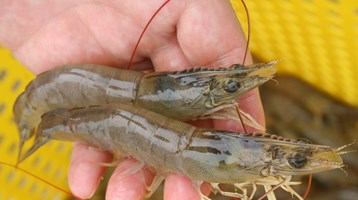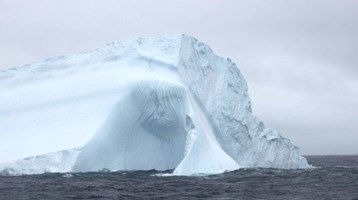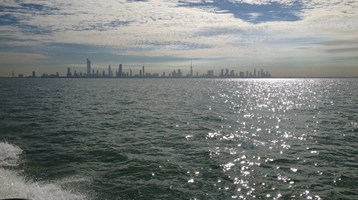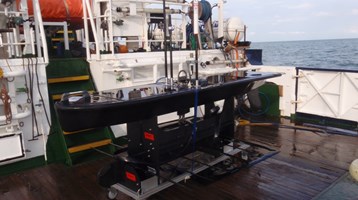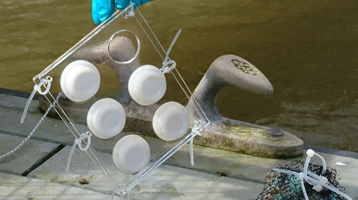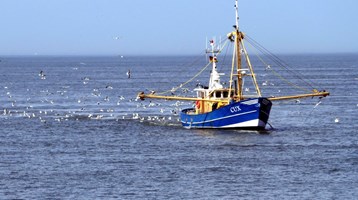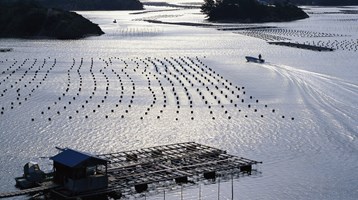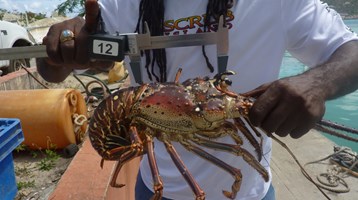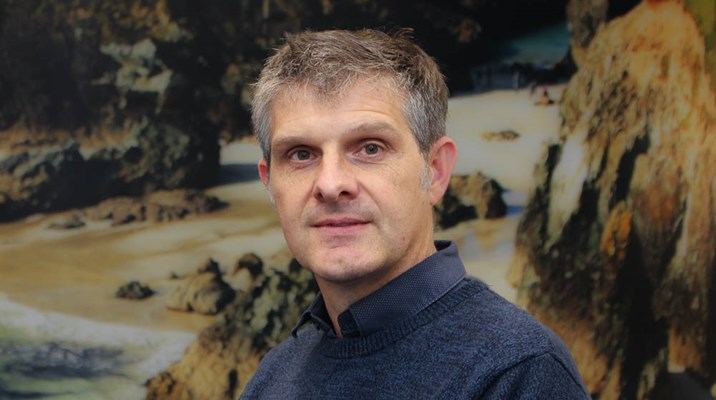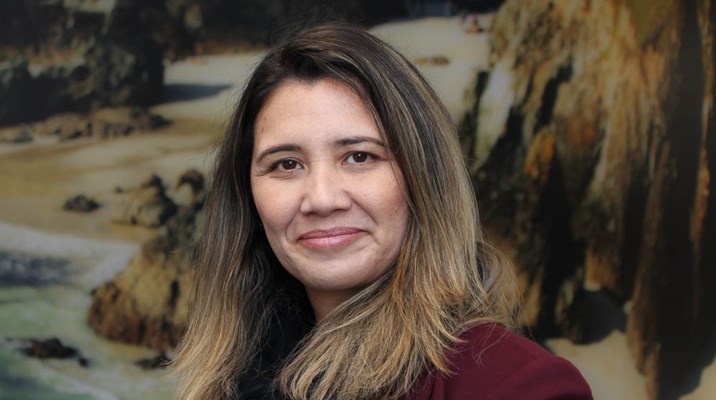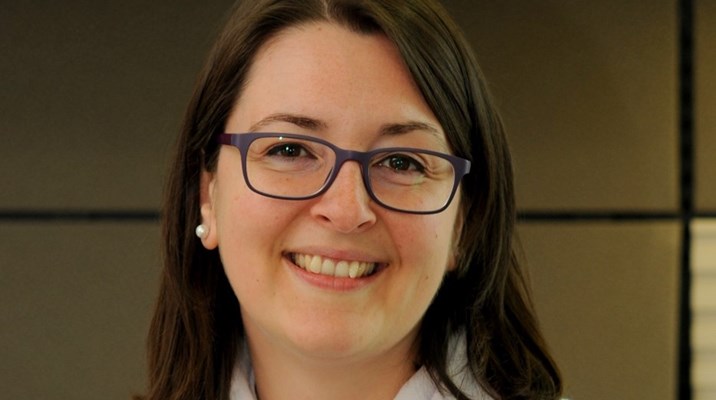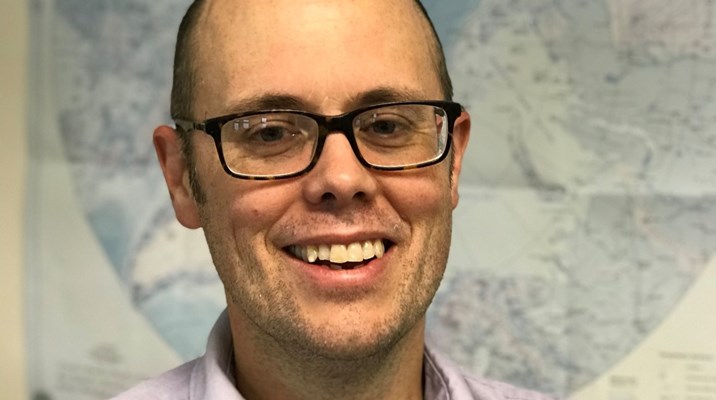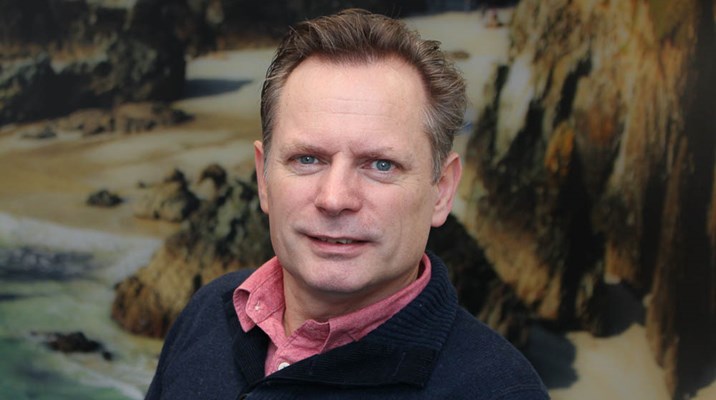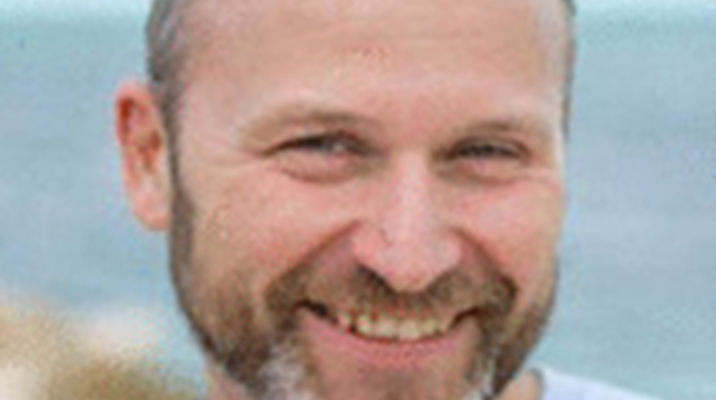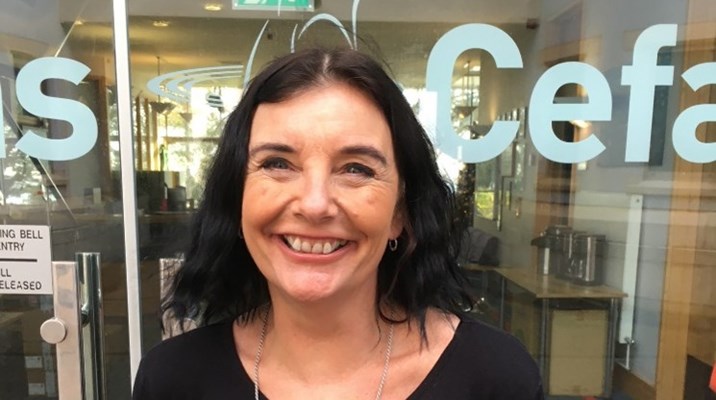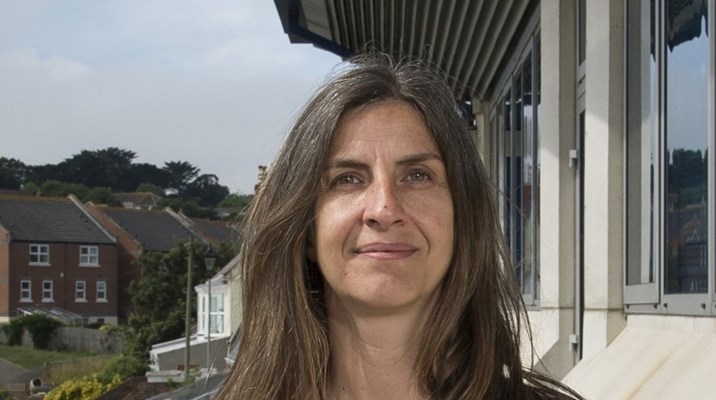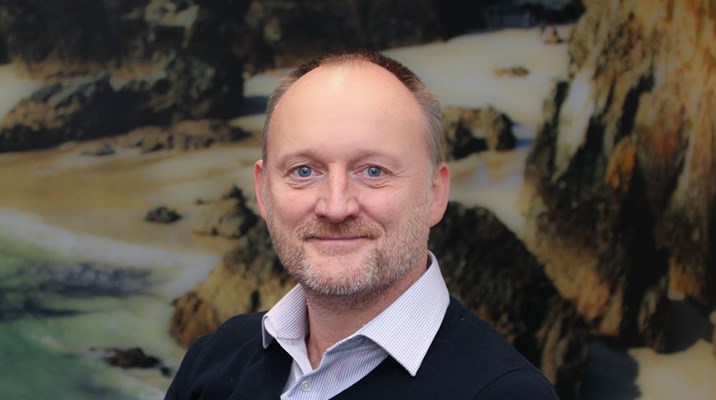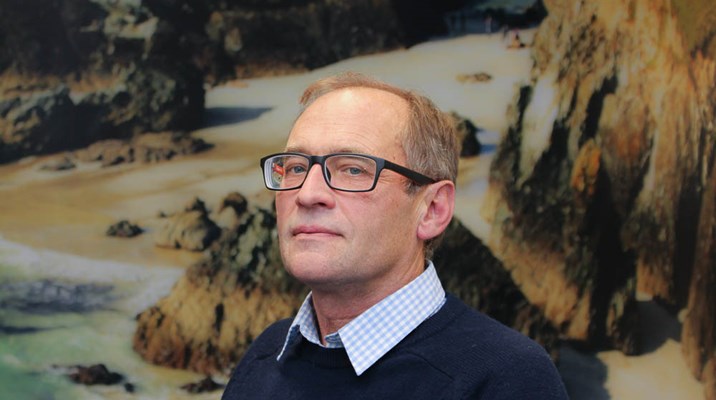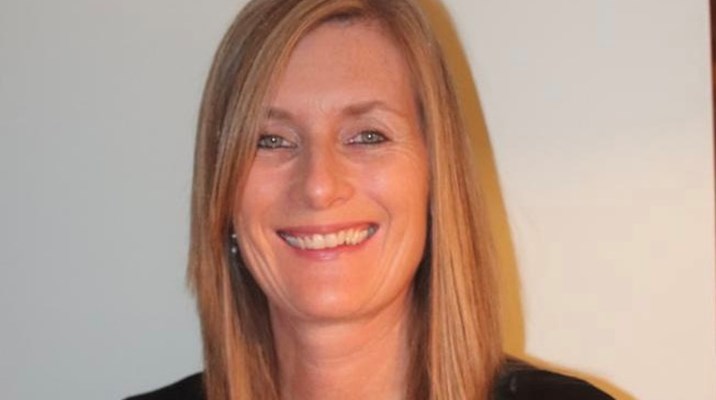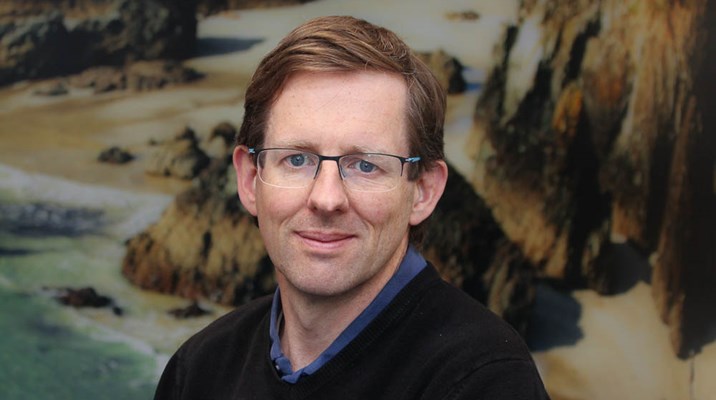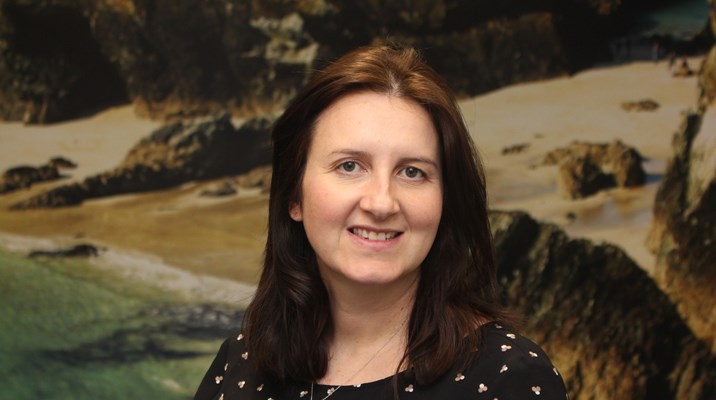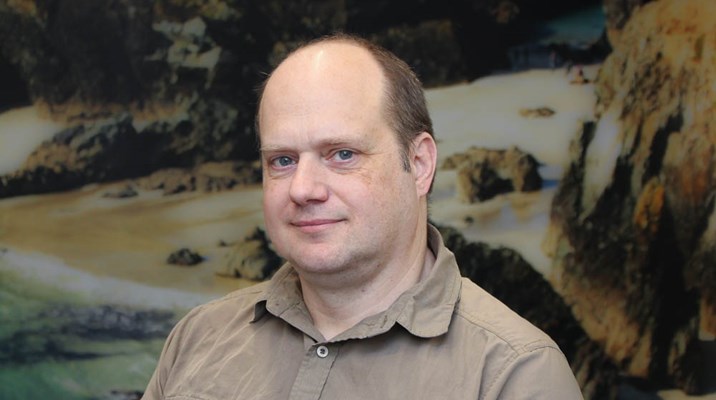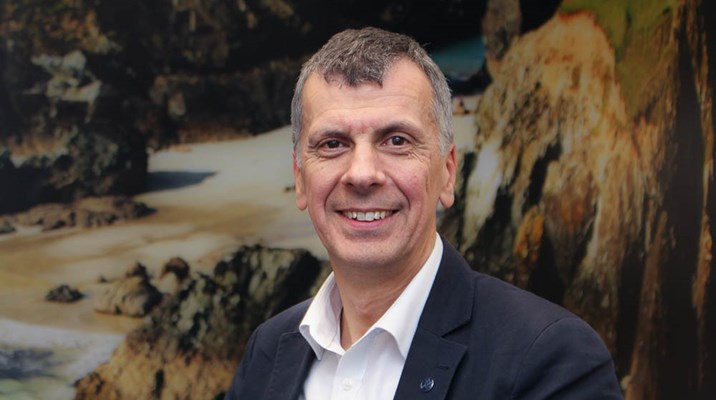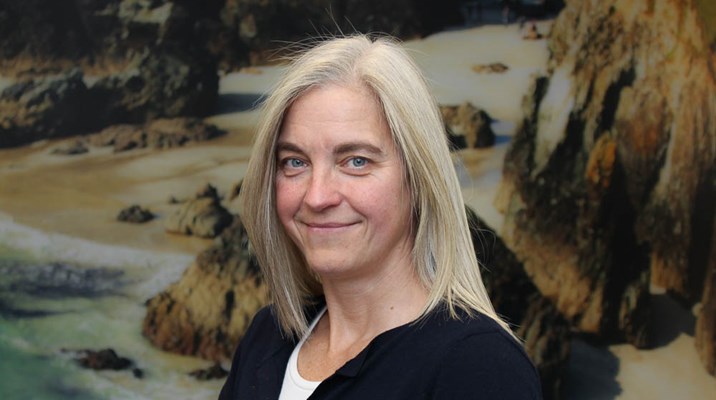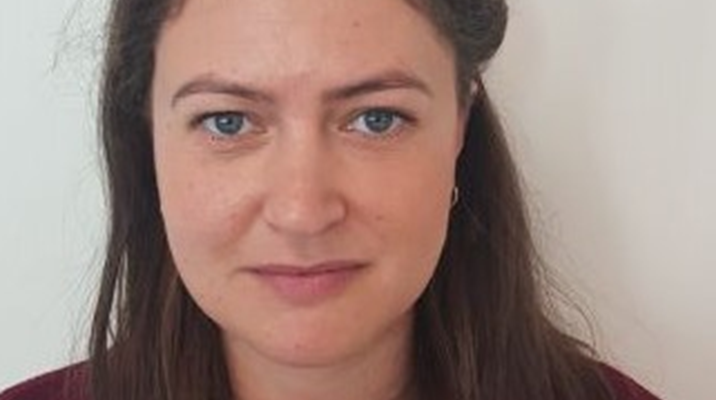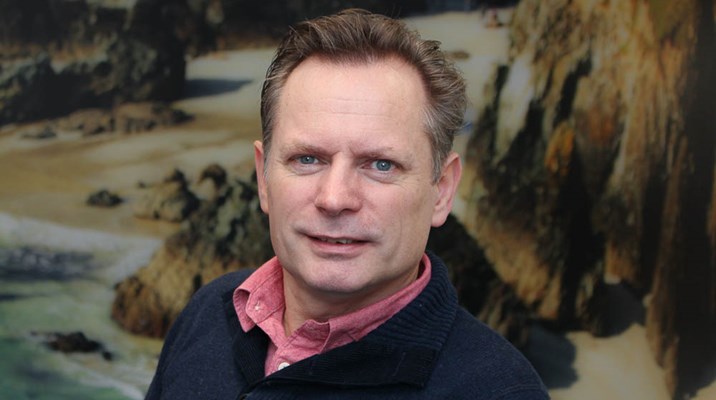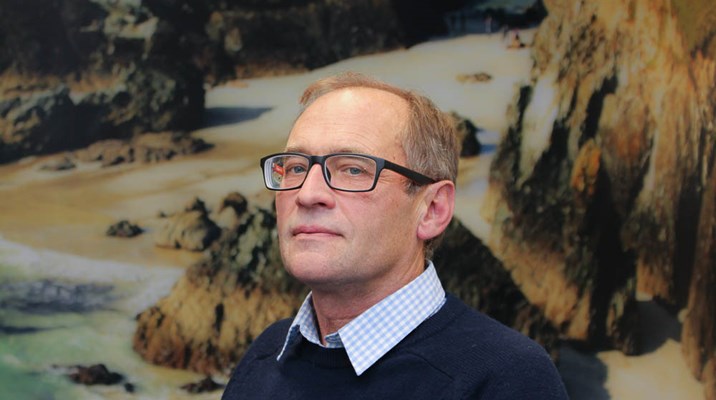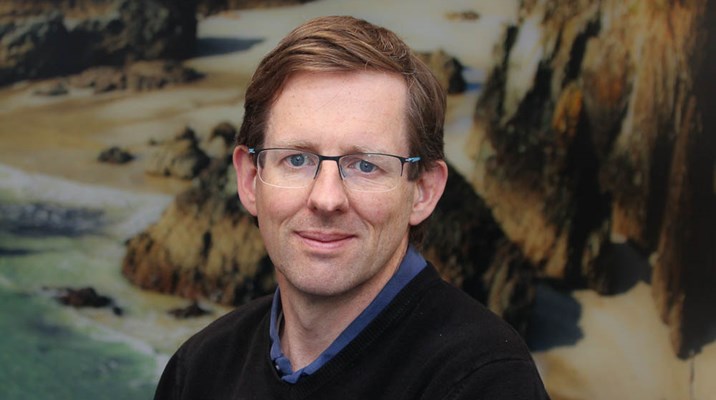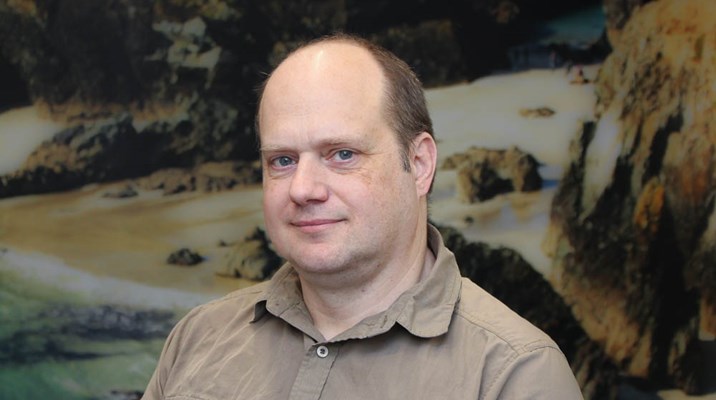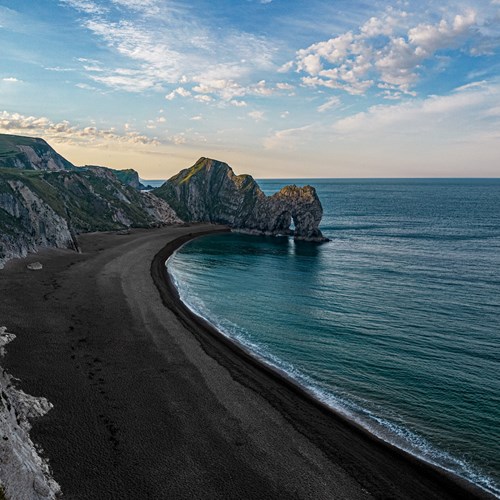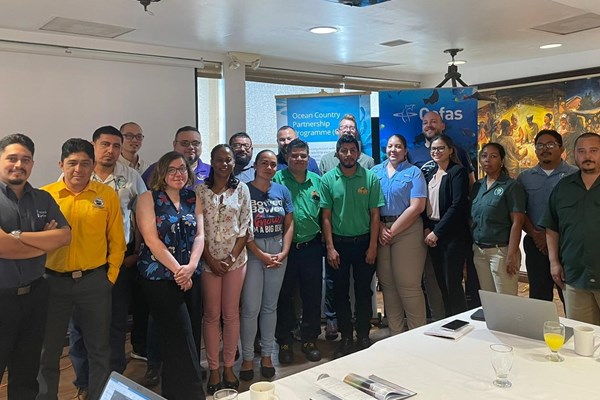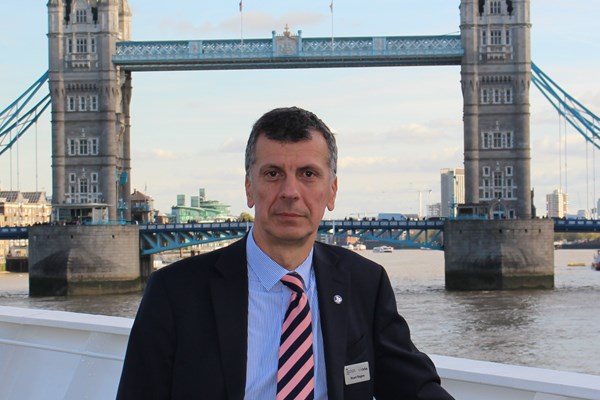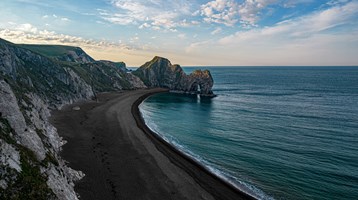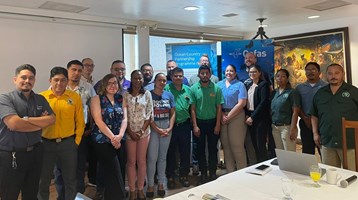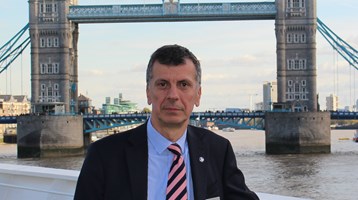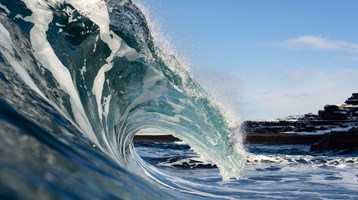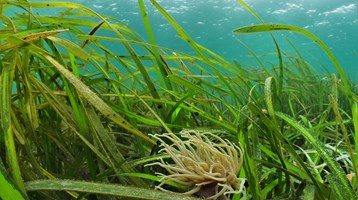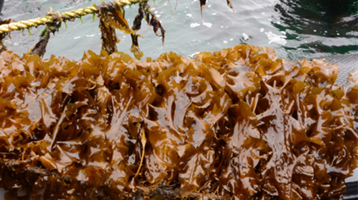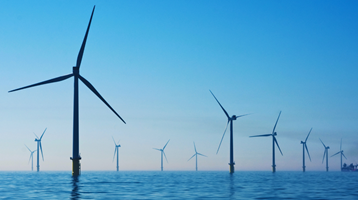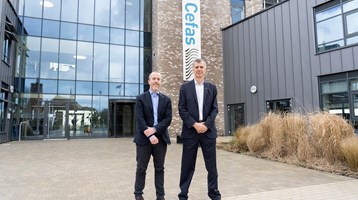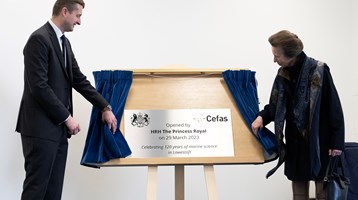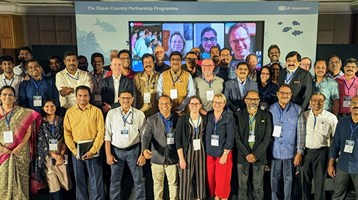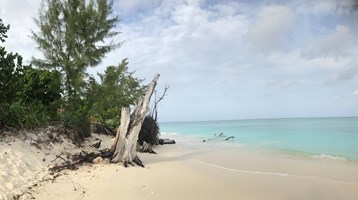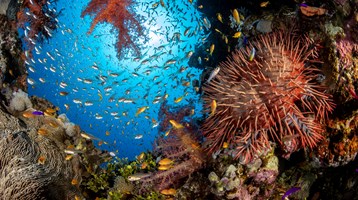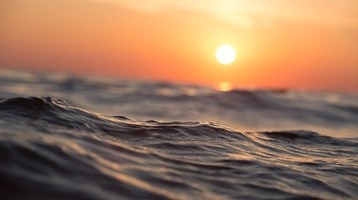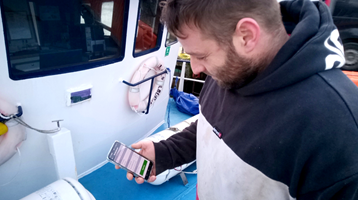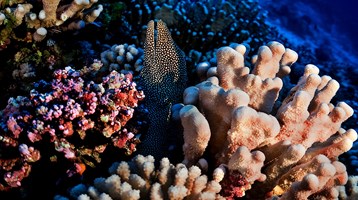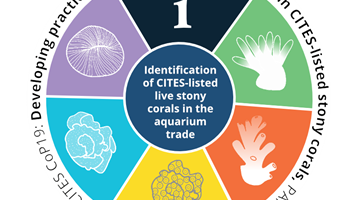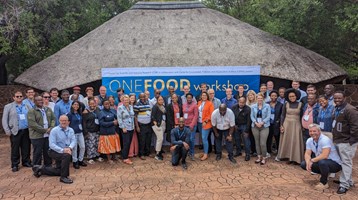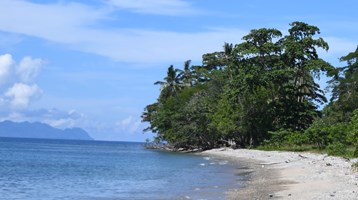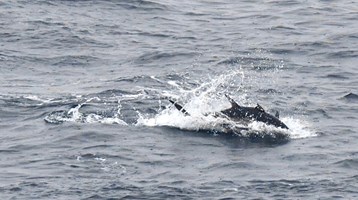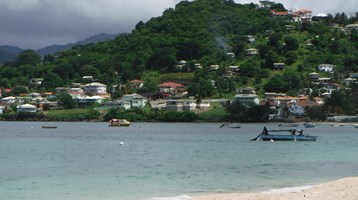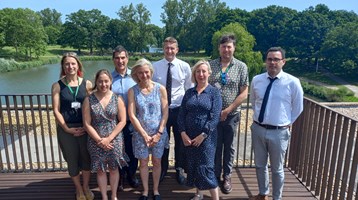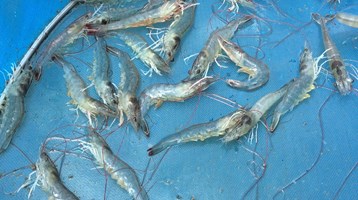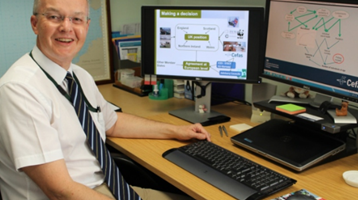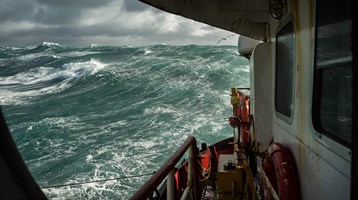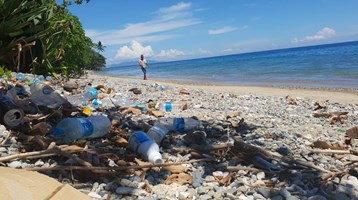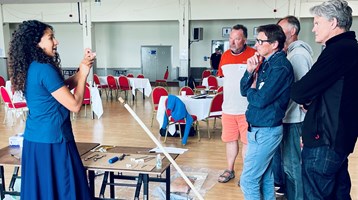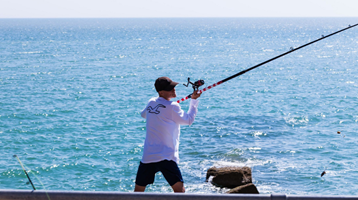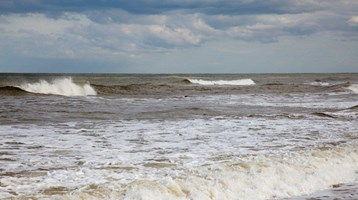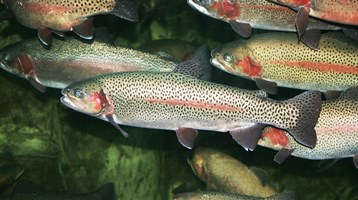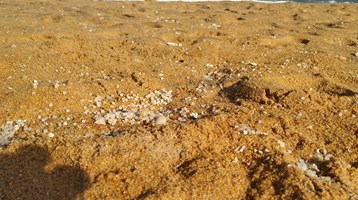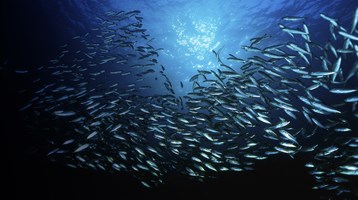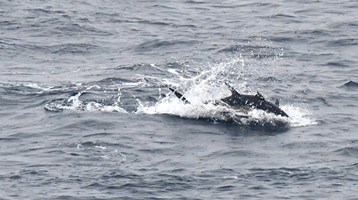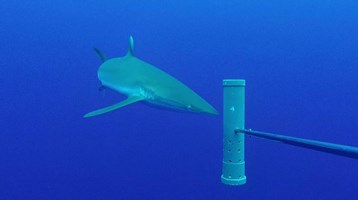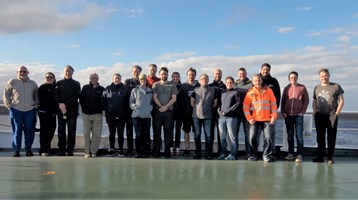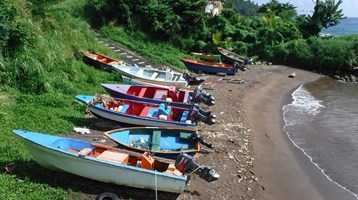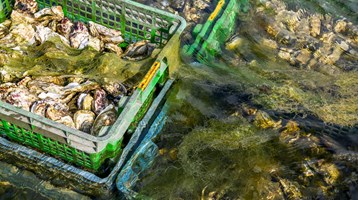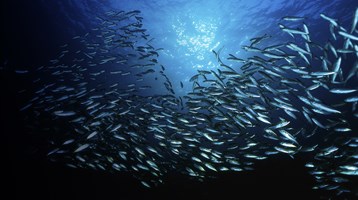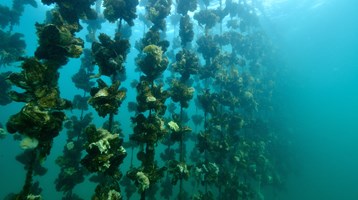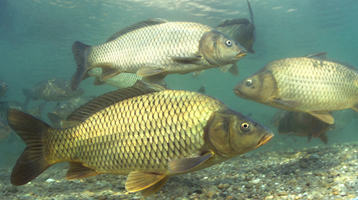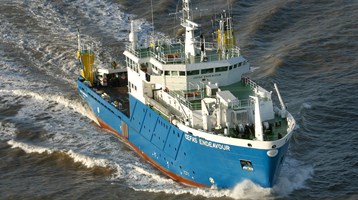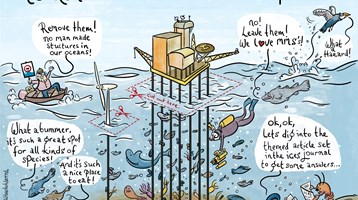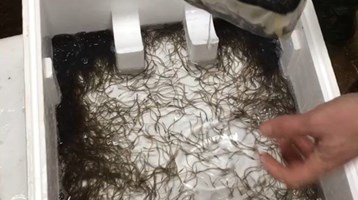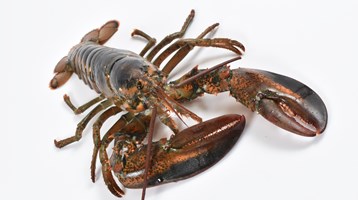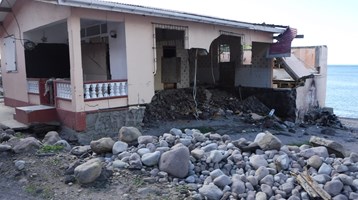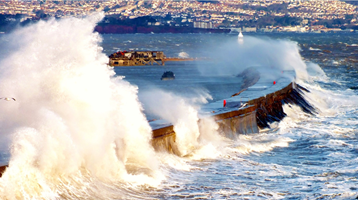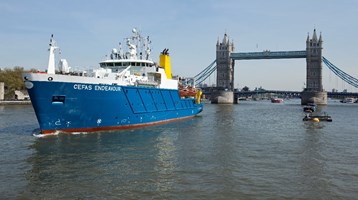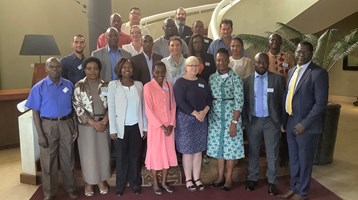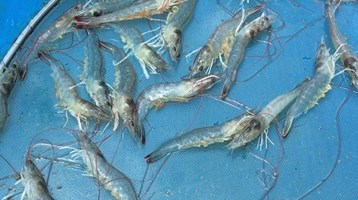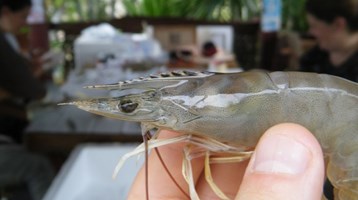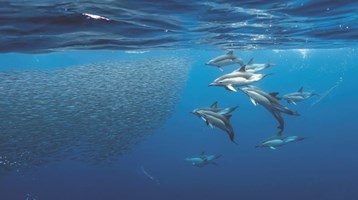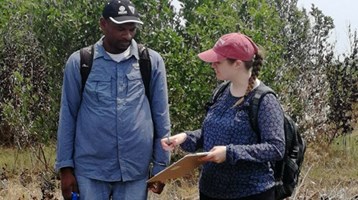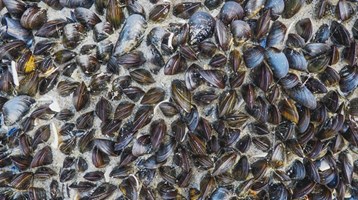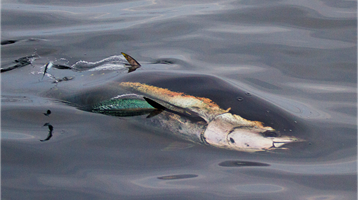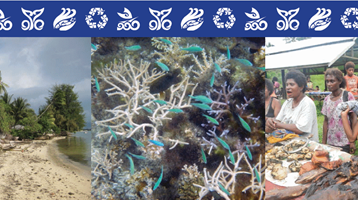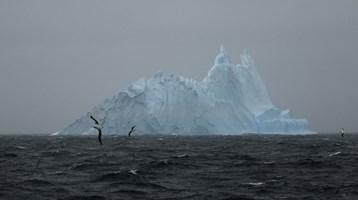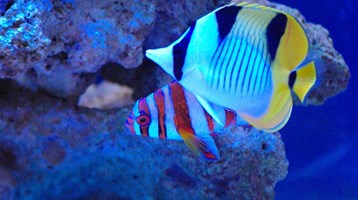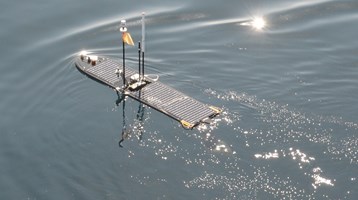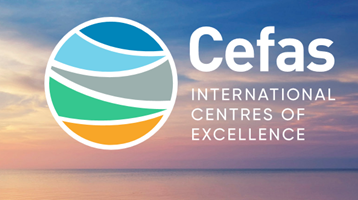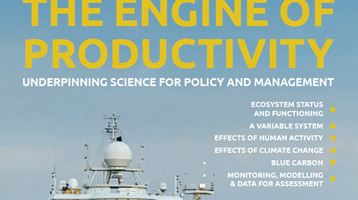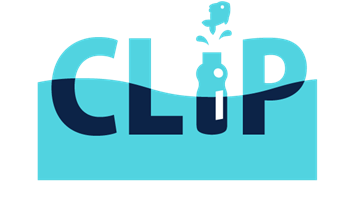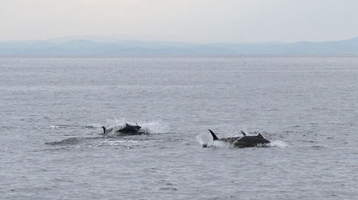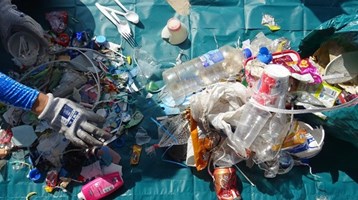Cefas secures new European funding to tackle global marine biodiversity loss
14 December 2022

Cefas and its European partners will continue to collaborate to tackle the global biodiversity crisis thanks to new funding to support marine science.
Horizon Europe is the EU’s flagship funding programme for research and innovation to tackle global environmental problems. Cefas has been awarded over £2.6 million until 2027 to deliver a variety of projects aimed at supporting EU and UK policy makers with the tools and evidence to protect marine biodiversity and ecosystems.
The ocean covers 70% of our planet, represents over 95% of the biosphere and hosts up to 10 million species. From mangrove forests to deep sea hydrothermal vents – our marine and coastal ecosystems are essential to life itself.
Though the ocean contains a wealth of biodiversity it faces significant challenges. This is something the leaders of the world know all too well as they meet for the UN Biodiversity Conference (COP 15) this week. This is the 15th conference of its kind, established by the Convention on Biological Diversity (CBD), a milestone agreement that sets out how to use and protect the world's natural resources.
The 2022 conference aims to agree on a new set of goals to guide global action through 2030 to halt and reverse nature loss. Unsurprisingly, the ocean features heavily on the conference agenda - vital to achieving these goals.

Striped dolphin in the Azores, Portugal. Image credit: Canva. Alt text: a dolphin in the sea.
Cefas is working with more than 150 partners across 7 different European marine biodiversity projects that support these global goals. Through Horizon Europe funding Cefas experts will contribute to the generation of evidence and knowledge worth approximately €60 million.
The largest project Cefas is involved in, Marine Biodiversity and Ecosystem Functioning leading to Ecosystem Services (MARBEFES), aims to assess how marine biodiversity is linked with goods and services provided by marine ecosystems.
“Protecting biodiversity is central to sustainable use of our coasts and seas, yet we lack the ability to fully articulate its value. We have not fully assessed the extent of biodiversity across European seas (nor globally) and we do not really understand the complexity of how marine ecosystems function or what that means for the benefits they provide”, explains MARBEFES’ science lead, Cefas’ Julie Bremner.
“In MARBEFES, we are bringing together biologists, ecologists, oceanographers, economists and social scientists to fill these gaps. We will holistically assess biodiversity from microbes up to mega-fauna and we will really dig into the importance of biodiversity, whether that’s in its economic or cultural value. Through this round of Horizon Europe various marine biodiversity projects will be formally linked through a committee and a pan-project conference, meaning we will share knowledge and experiences to help create something that is more than the sum of its parts. Together, these new projects will be a powerful force for more sustainable management of marine biodiversity.”
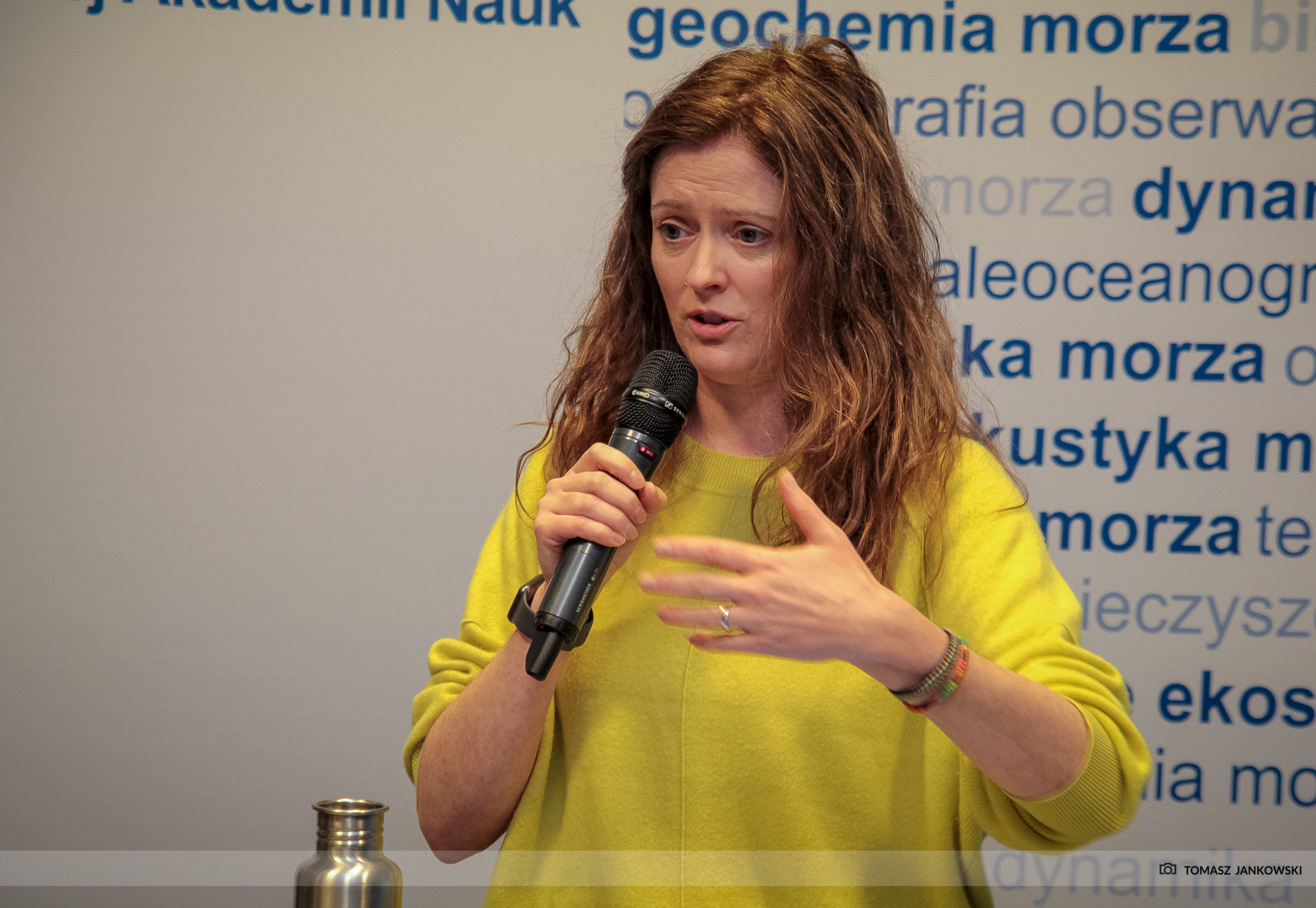
The MARBEFES science lead, Cefas’ Julie Bremner, explaining how to break down barriers to understanding diversity at the MARBEFES kick-off meeting. Image credit: Tomasz Jankowski. Alt text: a women speaking into a microphone.
Above right: The MARBEFES science lead, Cefas’ Julie Bremner, explaining how to break down barriers to understanding diversity at the MARBEFES kick-off meeting. Image credit: Tomasz Jankowski.
Other Cefas projects that have received Horizon Europe funding include
ACTNOW is a state-of-the-art programme providing regulators and decision makers with the knowledge and tools they need to combat biodiversity loss in coastal and marine habitats threatened by climate change interacting with other local and regional drivers.
“Planning is underway for an ACTNOW research cruise next summer” said Cefas’ ACTNOW project lead Elena Couce. “Cefas scientists will join researchers from NIOZ Royal Netherlands Institute for Sea Research, Wageningen University & Research and the Sea Mammal Research Unit in St Andrews aboard the Dutch research ship the RV Pelagia.” The cruise will focus on predator prey relationships, species interactions and apex predators (predators at the top of a food chain).
B-USEFUL project develops user orientated tools for decision making, enhancing the existing European data networks and providing evidence for marine spatial planning. This will allow users to identify and visualise areas of particular importance for biodiversity and ecosystem services helping prioritise conservation efforts in biodiversity hotspots, or other high-risk areas requiring a stricter degree of protection. Find out more from Cefas’ project lead Georg Engelhard.
EveryFish aims to develop, test and promote innovative technological solutions for fully automated catch recording and reporting – a next generation Electronic Reporting System (ERS). Such innovations improve fisheries management, with more sustainable fisheries helping to protect marine . Find out more from Cefas’ project lead Tom Catchpole.
GES4SEAS will help decision makers assess and predict the effect of multiple stressors, including climate change, and pressures from human activities. “Coastal and marine environments are vital for our planet and for human societies. All coastal and marine ecosystem goods and services heavily depend on the level of human and environmental pressures, and their cumulative effects. This programme will bring together a suite of scientists, advisors and stakeholders, to develop an innovative, and applicable toolbox in the context of adaptive ecosystem based management” explains Cefas’ GES4SEAS project lead Silvana Birchenough.
Marine SABRES aims to set European marine management on a course to reverse biodiversity decline. “Reversing the decline in biodiversity requires a rapid roll out of effective conservation measures, which can support a sustainable and resilient blue economy. This work is centred on using social ecological systems thinking and ecosystem-based management to enable balanced marine development and conservation” explains Cefas’ Marine SABRES project lead Silvana Birchenough.
Obama-Next aims to develop a toolbox for generating accurate, precise, and relevant information characterising marine ecosystems and their biodiversity. It will do this by integrating new and emerging technologies, including remote sensing, eDNA, optical instruments and citizen science, with existing marine monitoring techniques. It’s hoped this will improve our capacity to describe ecosystem function and biodiversity with higher spatial and temporal resolution. Find out more from Cefas’ project lead Veronique Creach.
To find out more:
Follow Cefas on Twitter, Instagram or Facebook or subscribe to our newsletter for the latest updates across Cefas science, including our European projects.
All image credit unless stated otherwise: Canva.

Orcas in Norway. Image credit: Canva. Alt text: two whales and island in the sea.

Atlantic puffins in the West Fjords, Iceland. Image credit: Canva. Alt text: two birds in the grass.

Grey seal in the North Sea. Image credit: Canva. Alt text a seal on a pebbly beach by the sea.

